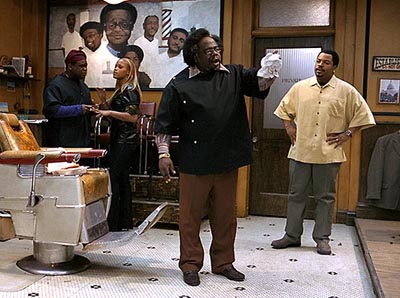The initial part of investing is tough.
Whether its withdrawing a thousand dollars from your checking account to be placed in a high interest bond you can’t touch for 4 years, or the time you spend filling out your salary withholdings for your 401K retirement plan. Putting “money in the bank” is tough.
It’s a whole lot easier to buy that extra pair of shoes you don’t need, or dine out at the restaurant down the street (again) instead of making dinner at home.
The same can be said at work.
Whether it’s investing time in a project to unify the language and exercise descriptions between the sports med and the strength staff, working with student-athlete welfare to design, manage and implement a comprehensive sports nutrition strategy or designing and tracking an injury assessment and prevention protocol for all athletes. Putting “money in the bank” is tough.
It’s a whole lot easier to just let the weight room do their thing then complain about it , tell your athletes not to eat fast food (then sneak a McDeal Meal to your desk without them seeing), and just take vitals as your normal incoming screening process (I mean, that’s all the NCAA asks you to do)
What makes investing so difficult is that the investor, rarely ever sees a tangible return on investment within any “reasonable” amount of time. That’s what makes investing in mutual funds so successful though. If you invest in them, they almost always pay off long term. The same can be said for your investments at work; your return on investment is rarely within site, even though you know it will pay off eventually.
Will you ever see the lack of arteriosclerosis that your nutrition plan and cooking classes had on your athletes? What about the injury you may or may not have prevented from your screening and intervention strategies?
The answer is you probably won’t. Your athletes and patients are only yours for four years. And like any good mutual fund, these investments take time to mature. But just because you can't see the end result next week doesn't mean you stop investing.
The only return you’ll see now is a smile and a thank you. But just like mutual funds, the investments you make at work today will always pay off in the future just as long as you keep putting money in the bank.
Art Horne is the Coordinator of Care and Strength & Conditioning Coach for the Men’s Basketball Team at Northeastern University, Boston MA. He can be reached at a.horne@neu.edu.






